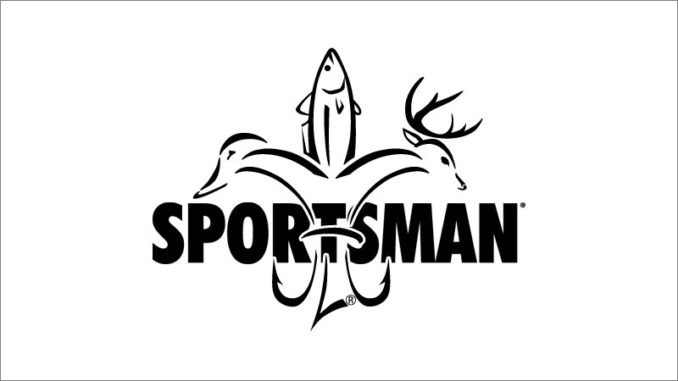
If someone asked you to name the largest special-interest group in North Carolina, what would you say — Democrats, Republicans, Carolina basketball fans, Dale Jr. followers? If you gave those answers (or any others) instead of hunters and fishermen, you’d be wrong.
Out of an estimated 9.25 million residents, the Tarheel State has 1.2 million licensed sportsmen. That total includes about 800,000 who purchase annual hunting-and-fishing licenses and about 250,000 non-resident license buyers. About 1.2 million people fish and hunt, including lifetime license holders and youths under age 16.
You’d think such a large group with common interests would have a strong, unified voice in North Carolina’s fish and wildlife management. No so.
Why? Because sportsmen are splintered into many organizations. Inside the big wildlife pie are groups concerned solely about turkeys, bear, deer, boar, feral pigs, rabbits, squirrels and gamebirds, to name a few. There’s even a North Carolina Ruffed Grouse Society. Other organizations care individually about bass, mountain trout, striper, panfish and catfish. As many or more groups have concerns about single saltwater species.
However, one group — the N.C. Camouflage Coalition — is trying to bring sportsmen together and give them a common voice.
“We want to get hunters and fishermen more involved,” said Richard B. “Dick” Hamilton, director of the Camo Coalition and a former executive director of the N.C. Wildlife Resources Commission. “We want them to have an opportunity to know what’s going on in the (fish-and-game) community and have an chance to respond to issues.”
The group’s main job is to monitor state announcements, policies and decisions regarding fish and wildlife and send e-mail “Action Alerts” to its members. Hamilton, through his 37-year career with the Commission, has close contacts inside the agency and in the state legislature. He handles the Coalition’s e-mail alerts.
“I think it would behoove individuals or sportsmen’s groups to join the Camo Coalition,” he said. “It’s free. You just sign up (www.nccamo.org), get on our e-mail list and we send you alerts. Sportsmen then can contact the Wildlife Commission, their legislative representatives, the governor, or whomever they want about decisions or ideas that concern them and wildlife.”
Action Alerts often contain contact numbers for legislators or Commission officials who make fish-and-game policies.
The Georgia Wildlife Federation started the first Camo Coalition in 2007. Numbering 24,000 members, it has produced major victories for sportsmen and wildlife, including passage of a right-to-hunt-and-fish law, helped stop the sale of national forest lands to private interests and helped obtain funds for the state to buy more public land.
“We’ve got 2,200 members right now,” Hamilton said. “We’d like all North Carolina sportsmen on board. When Raleigh hears from large numbers of people, it can make a difference.”
There’s no reason sportsmen, the state’s largest special-interest group and which represents a constituency (fish and game) that doesn’t vote, shouldn’t be better represented in Raleigh.
Join the Camo Coalition now and let your voice be heard.



Be the first to comment